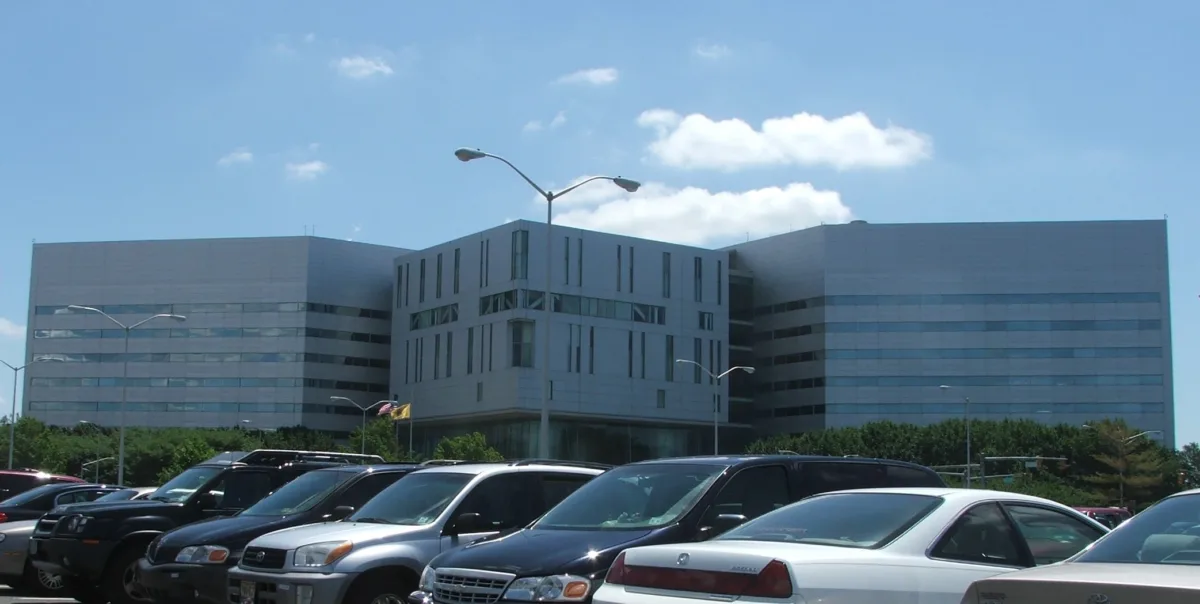
New Jersey Supreme Court Rejects ‘Shaken Baby Syndrome’
The first ruling of its kind in the country could give people convicted based on SBS testimony a new shot at freedom.

The first ruling of its kind in the country could give people convicted based on SBS testimony a new shot at freedom.
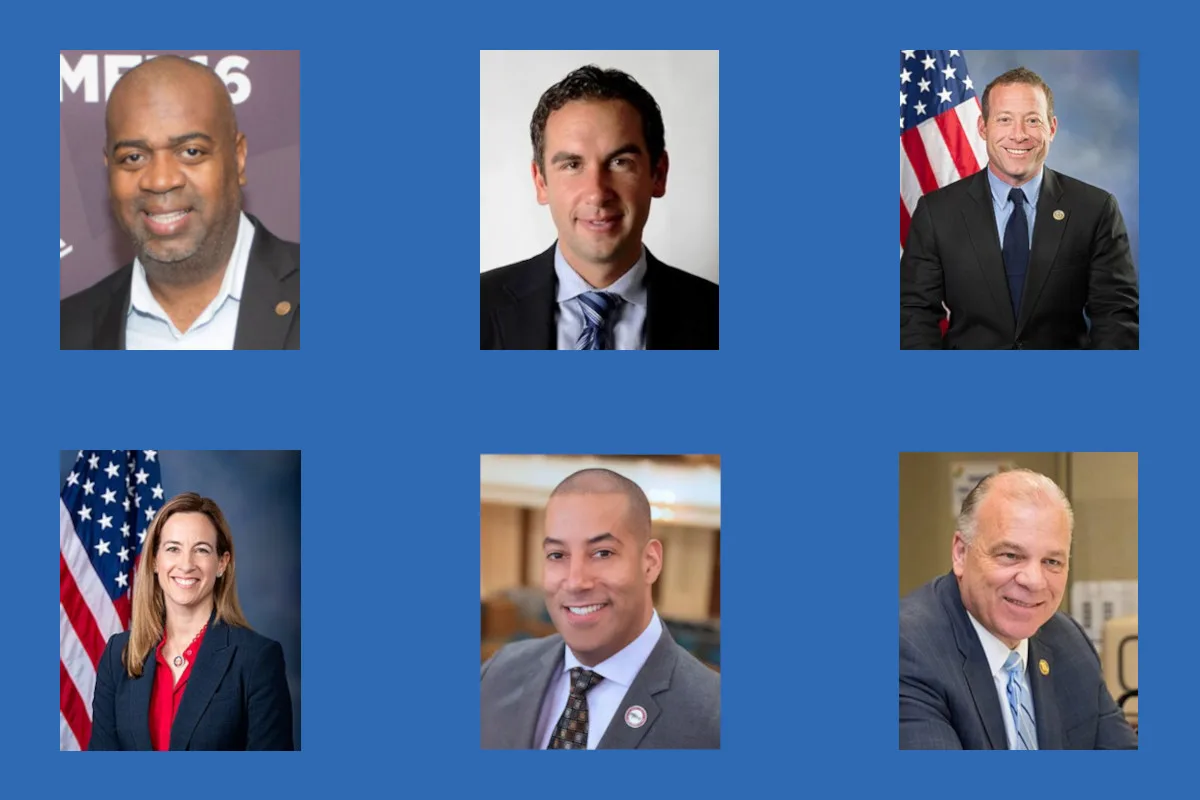
New Jersey has one of the largest immigrant populations in the country. We asked candidates in the Democratic primary what they’ll do to keep immigrants safe.

In 2019, the state passed a law restricting how long prisons can hold people in isolation. But, according to a new report, people still say they’re being isolated for weeks and even months.

With heat waves sweeping across the country, incarcerated people in states with traditionally milder climates are facing brutal conditions that have long plagued the South and Southwest. A survey by The Appeal reveals that many of the hottest states house prisoners in units without air-conditioning.

A recent report by the New Jersey Comptroller’s office found that a company called Street Cop trained police to shoot indiscriminately at people, medically experiment on the injured, and treat virtually anyone who isn’t a white, straight, cisgender male with open disdain. More training like this won’t make America safer.

Police are failing to promptly process expungements and continuing to disclose records that should be sealed, according to a lawsuit filed by the state public defender’s office.
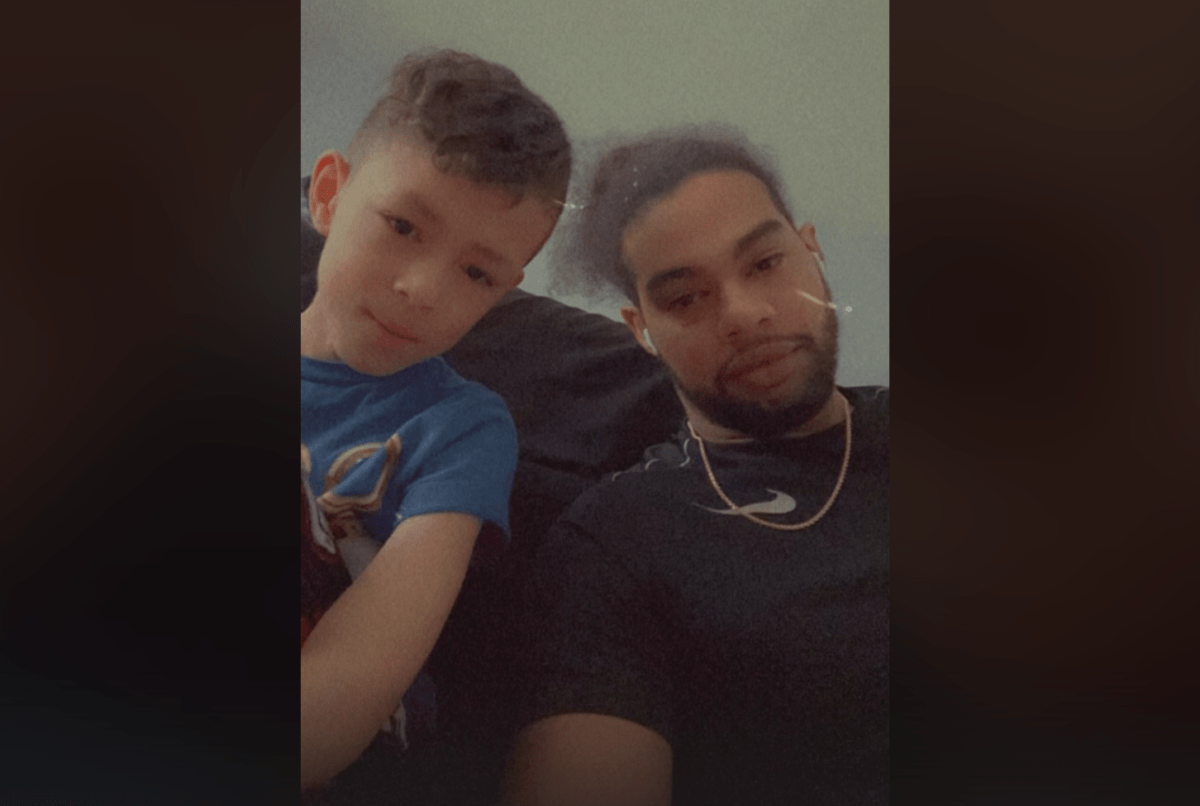
In a decision last month that could impact other cases, an appellate court ruled that “the very basis of the theory has never been proven.”

Advocates say there is more work to be done to ensure public defenders don’t come with a price tag.
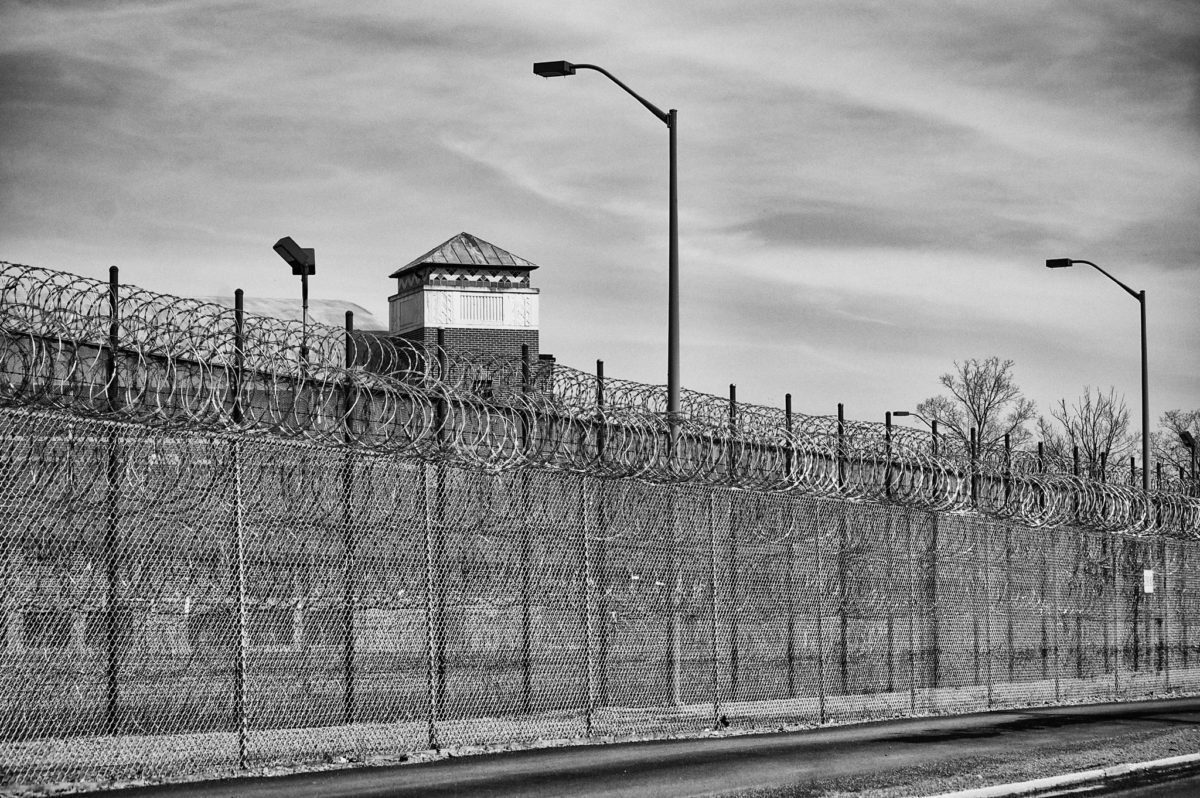
Legislation targeting transgender people behind bars is part of a much broader campaign against LGBTQ rights. Advocates say the measures could preview future attacks by the anti-trans movement.

More than 150 detention facilities experienced “hazardous” air last week, according to an analysis by The Appeal. As wildfires have gotten worse, prisoners are facing a unique threat.
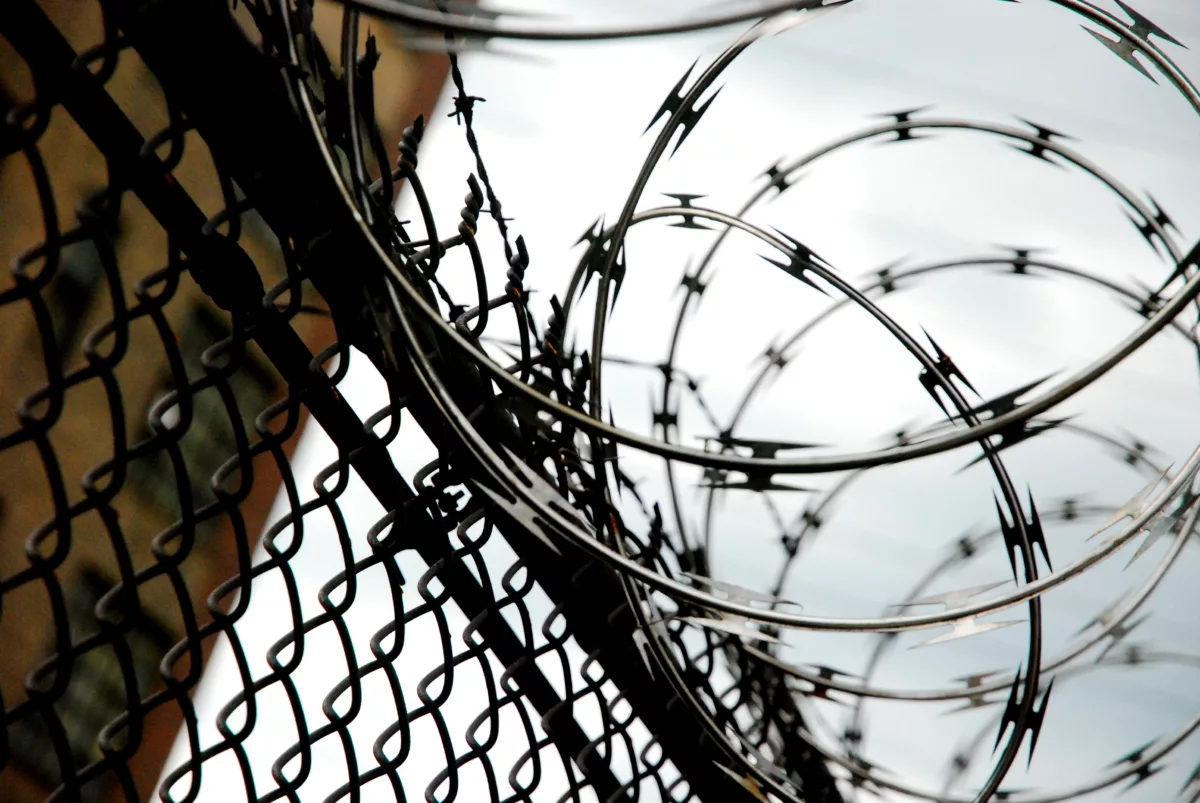
A trans woman mutilated herself in a New Jersey men’s prison after officials refused to transfer her to a women’s facility.
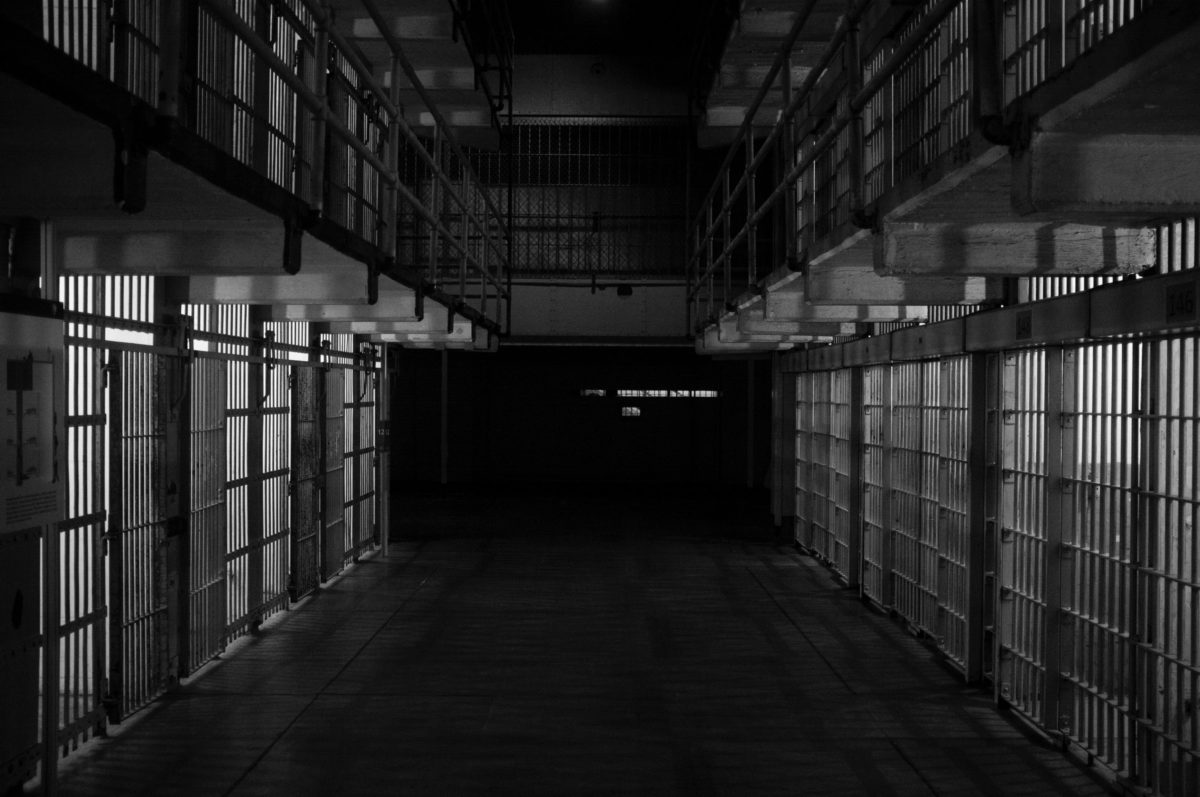
The alleged “fight club” is one of many issues people say plague South Woods State Prison’s “Restorative Housing Unit,” a disciplinary wing that advocates call solitary confinement by another name.

After a wave of tabloid coverage about pregnancies involving a trans prisoner at a women’s facility, officials gave themselves more power to deny housing placements consistent with gender identity.
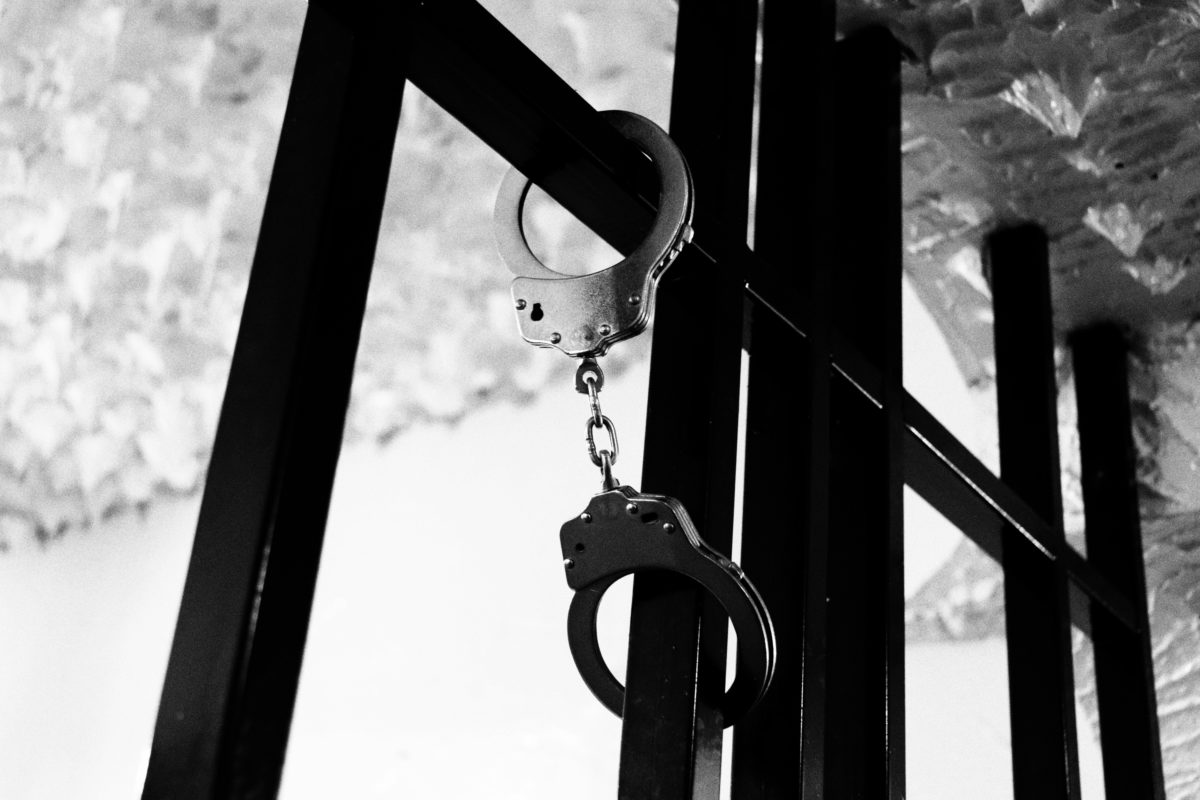
Personal narratives can help the public understand the benefits of bail reform, but telling these success stories presents its own share of challenges.
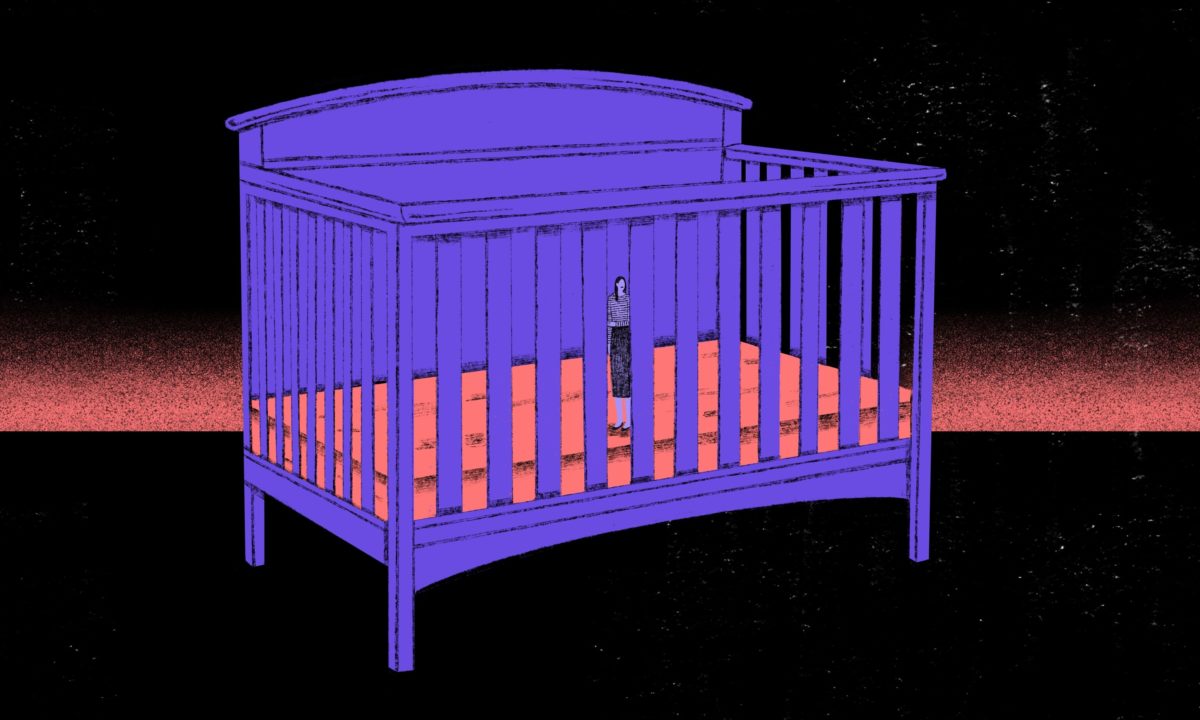
In January, a New Jersey judge said Shaken Baby Syndrome is “akin to junk science.”
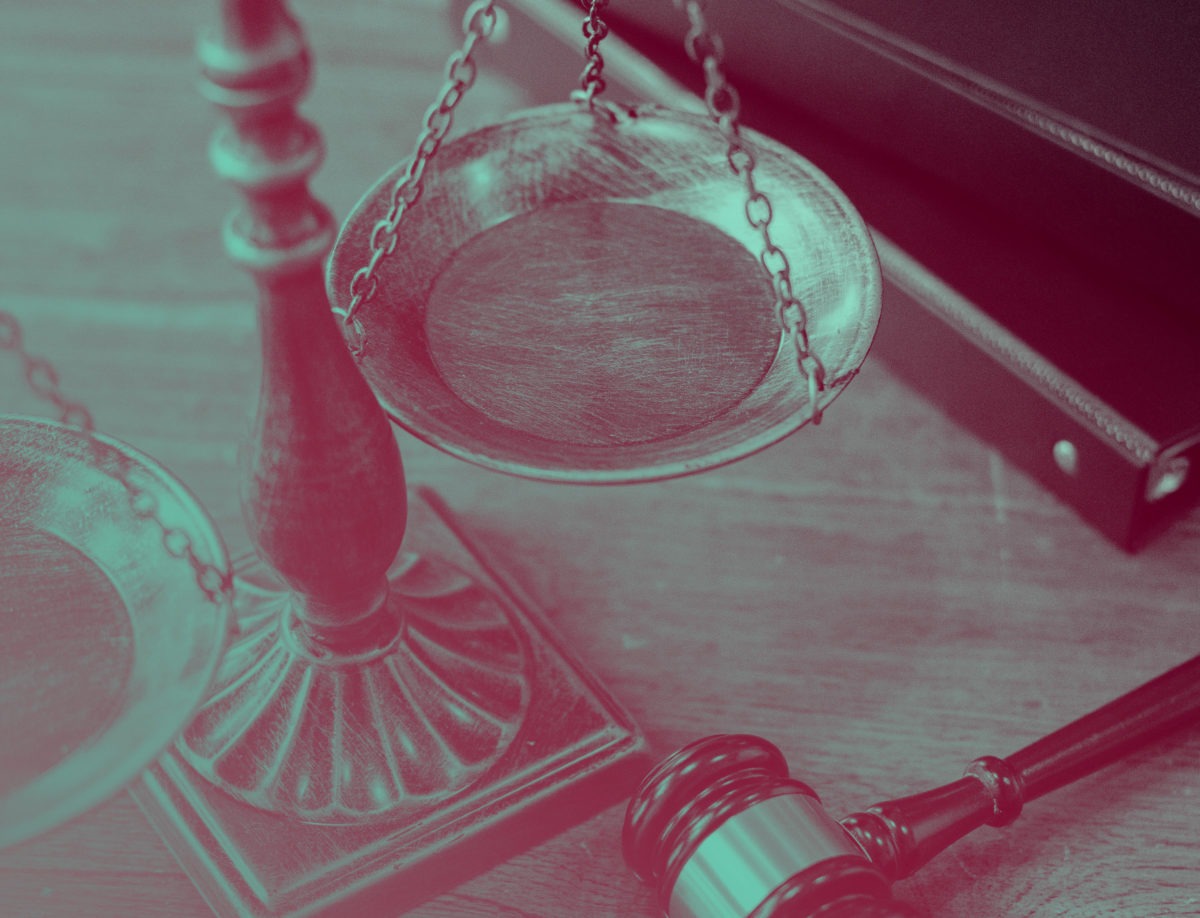
Spurred by an Appeal investigation into Michelle Heale’s controversial 2015 case, a law professor is asking New Jersey’s Conviction Review Unit to “correct an injustice” and set Heale free.
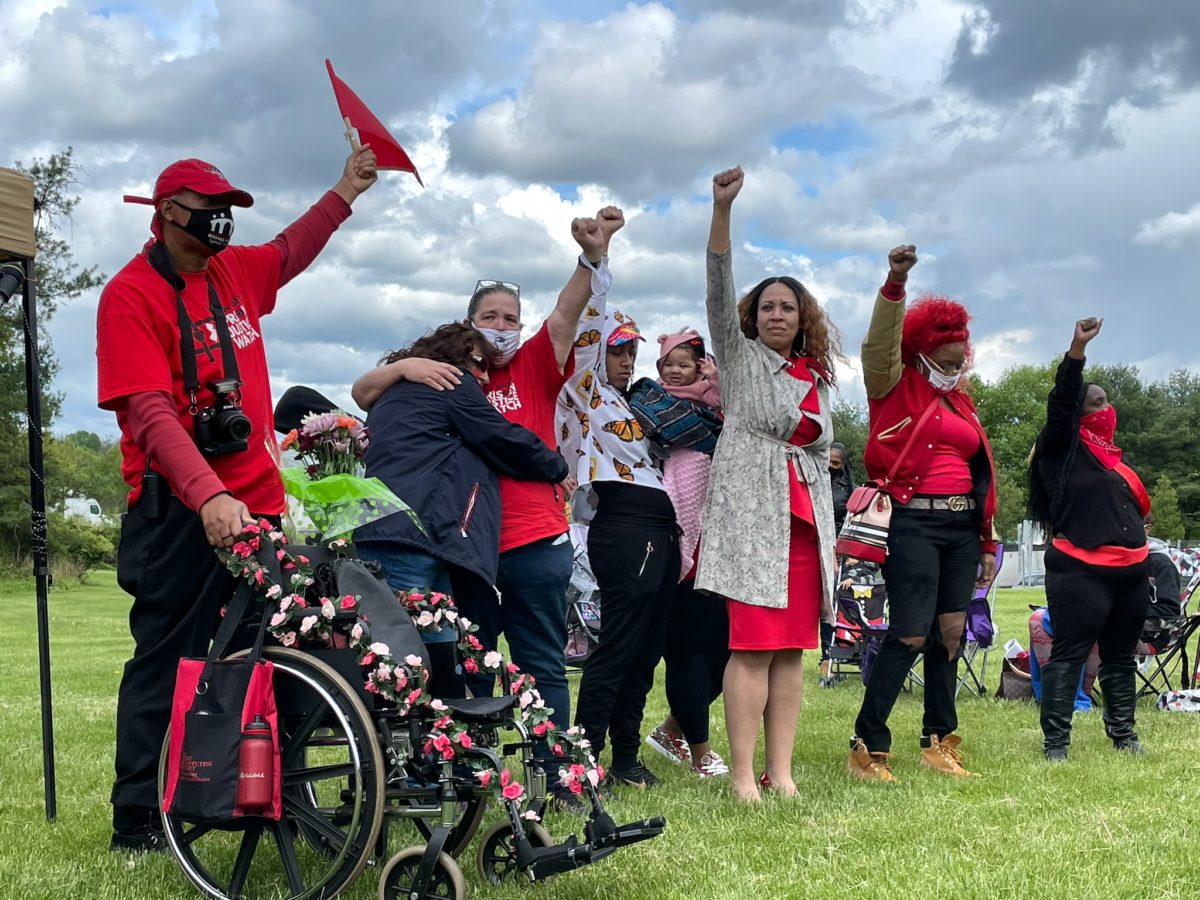
Inside New Jersey’s Bayside State Prison, corrections officer John Makos allegedly tortured incarcerated kitchen workers. In one incident, he approximated a “crucifixion” by handcuffing his victim’s outstretched arms to fences and doors, then beat him, according to a criminal complaint issued by the Department of Justice last month.
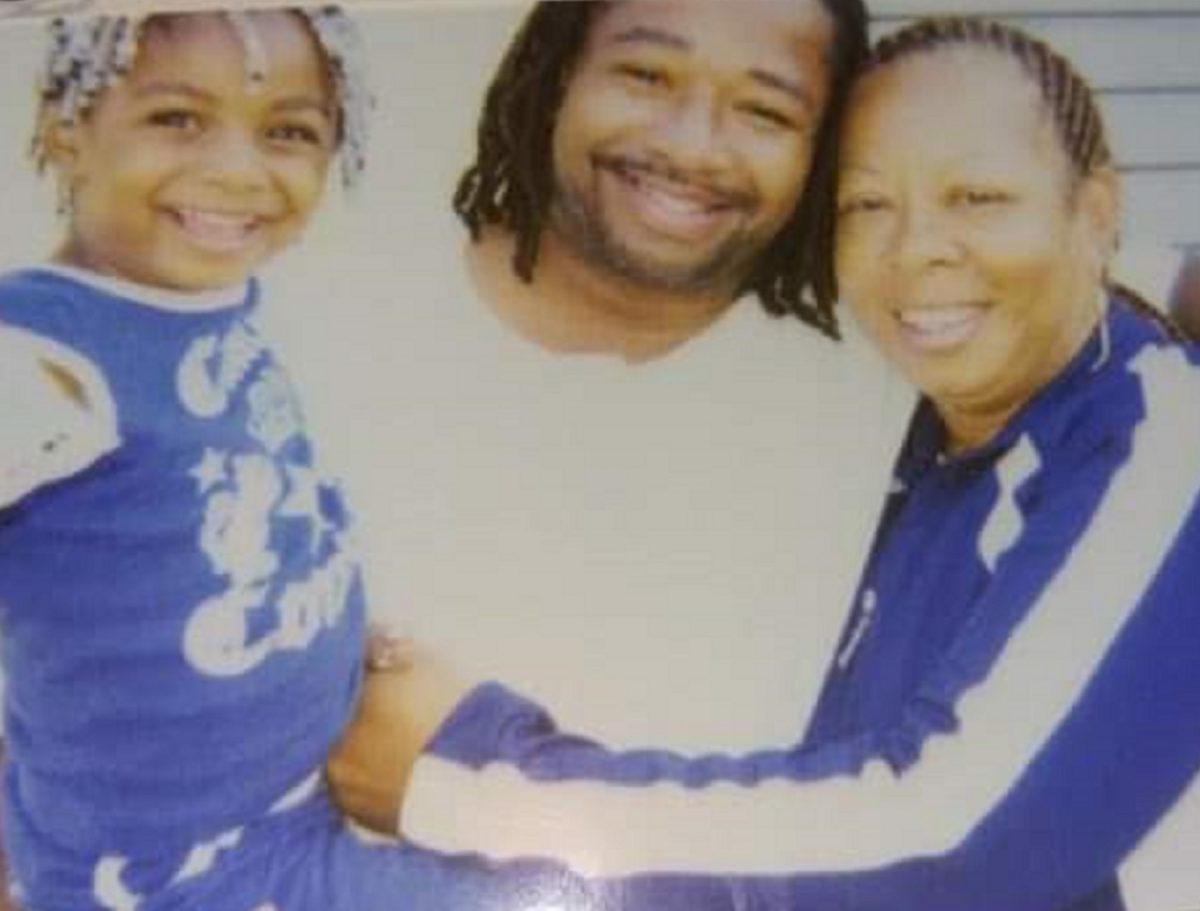
Repealing state and federal mandatory minimums will help address the mass incarceration crisis, advocates hope.

The New York governor has released a plan to legalize marijuana, months after voters in the Garden State approved legalization in November. Advocates say the pressure could have ripple effects regionally.
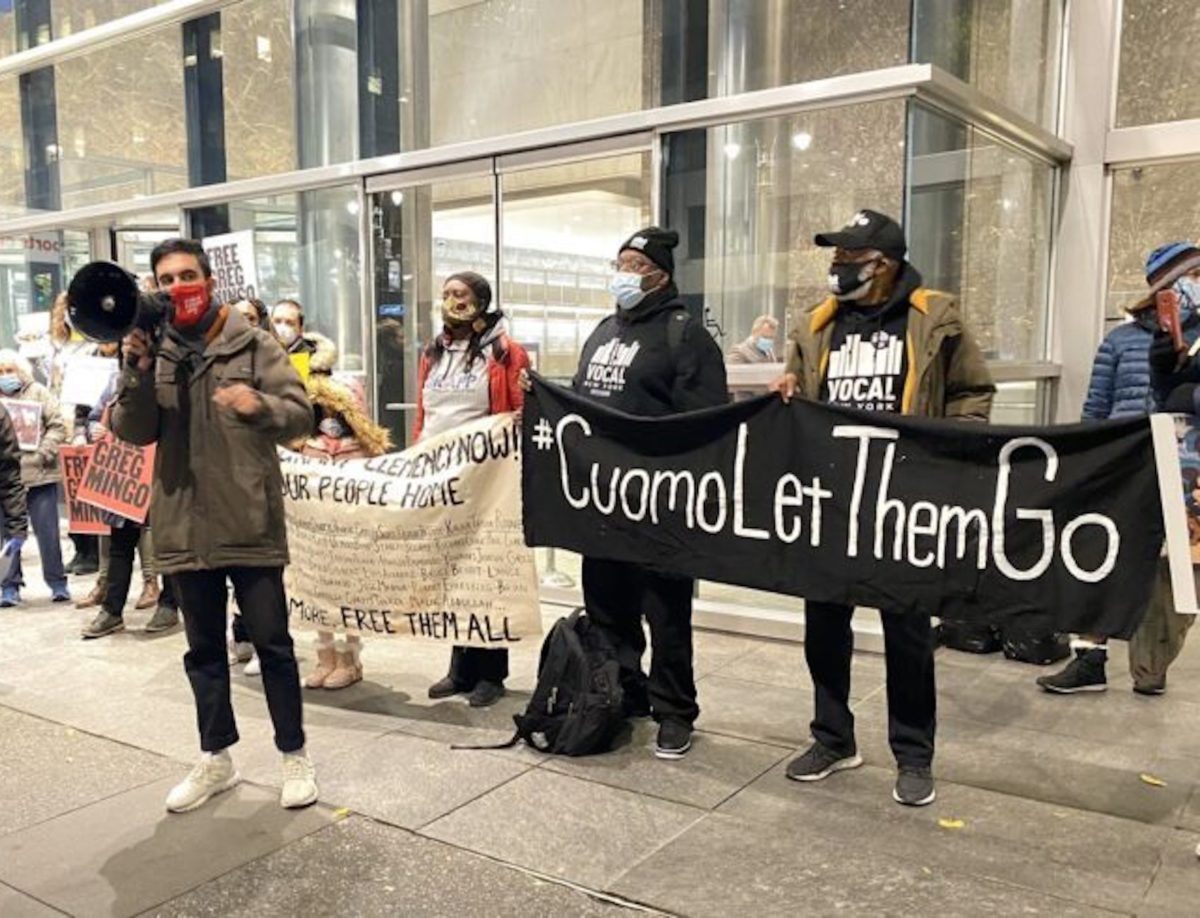
In addition to the releases he has already ordered, the New York governor can grant commutations to free more incarcerated people to protect them from the disease. He has issued only three since the pandemic began.
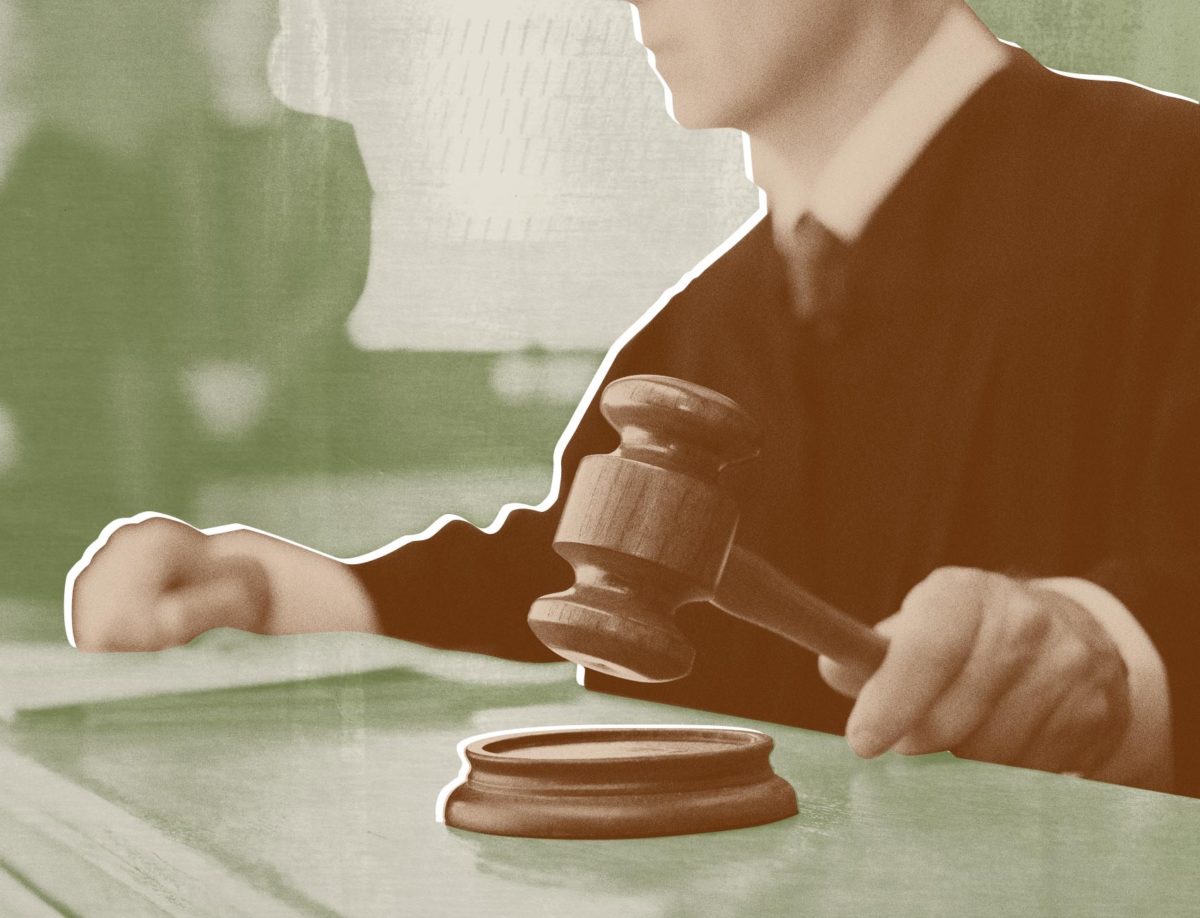
Although the new law took effect in January, state data showing how courts are applying it won’t be available until July 2021. And without funding, courts in small towns and villages may never collect the data.
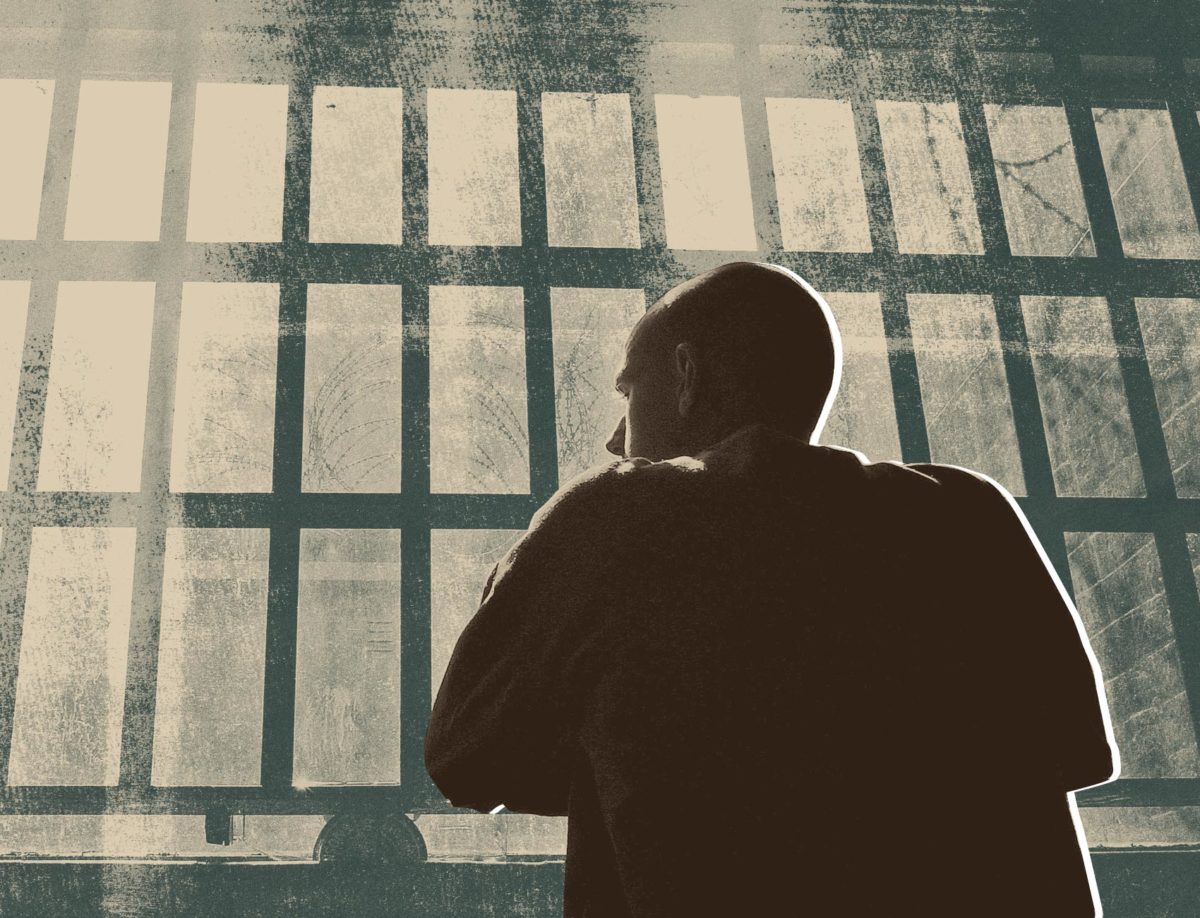
If the bill is signed into law later this month, about 20 percent of the state’s prison population could see their sentences reduced to fight the spread of the novel coronavirus, including some people who have served lengthy sentences for violent crimes.
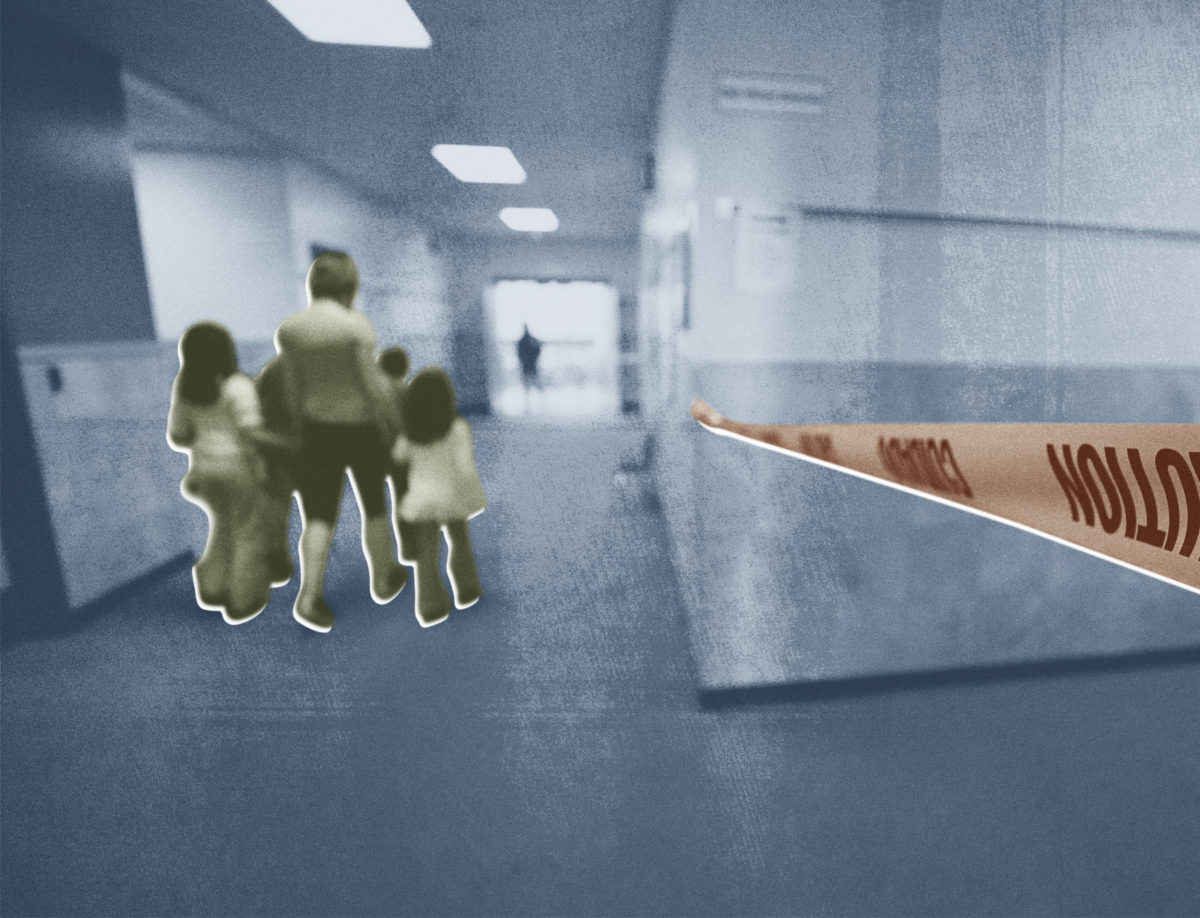
Public schools have long needed more funding to keep the bodies and minds of teachers, staff, and students safe. But these are not the investments our elected officials choose to make.
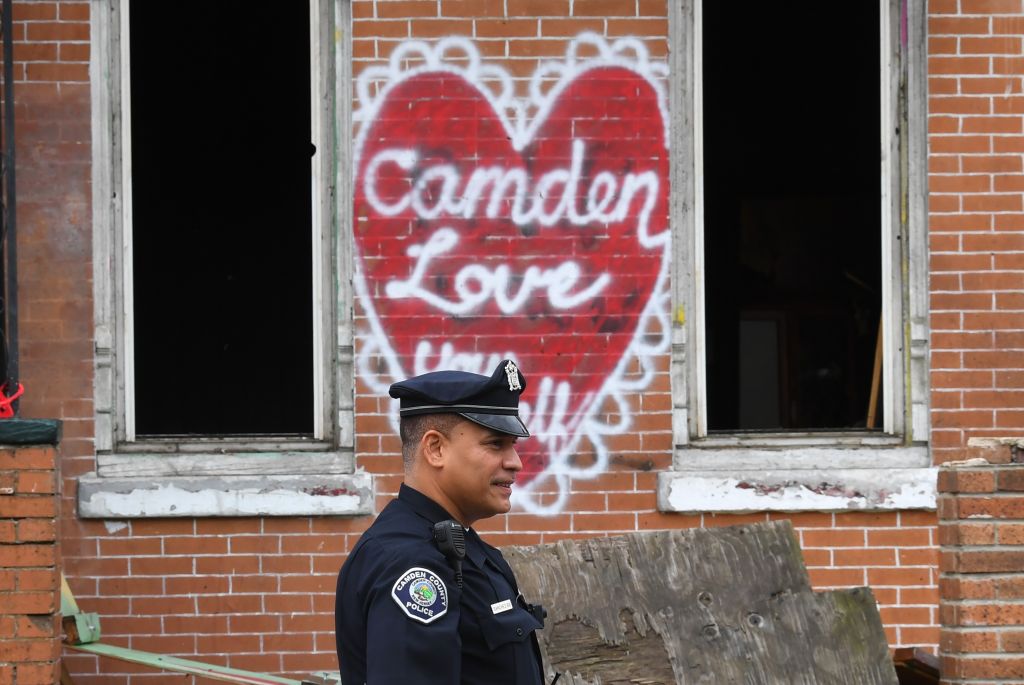
The New Jersey department received slavish media praise after it was disbanded and reoriented toward community policing. But behind the reformist mask was an embrace of surveillance and broken windows policing.
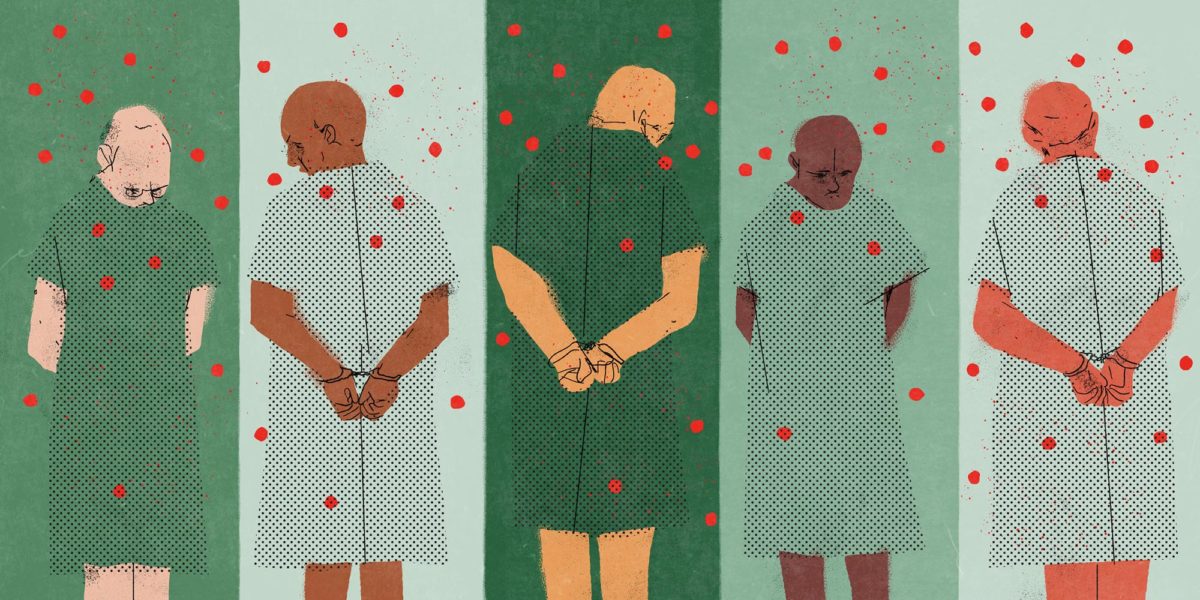
The detainees already completed their criminal sentences—but they are prevented from leaving for years. And with the coronavirus spreading, their lives are at risk.
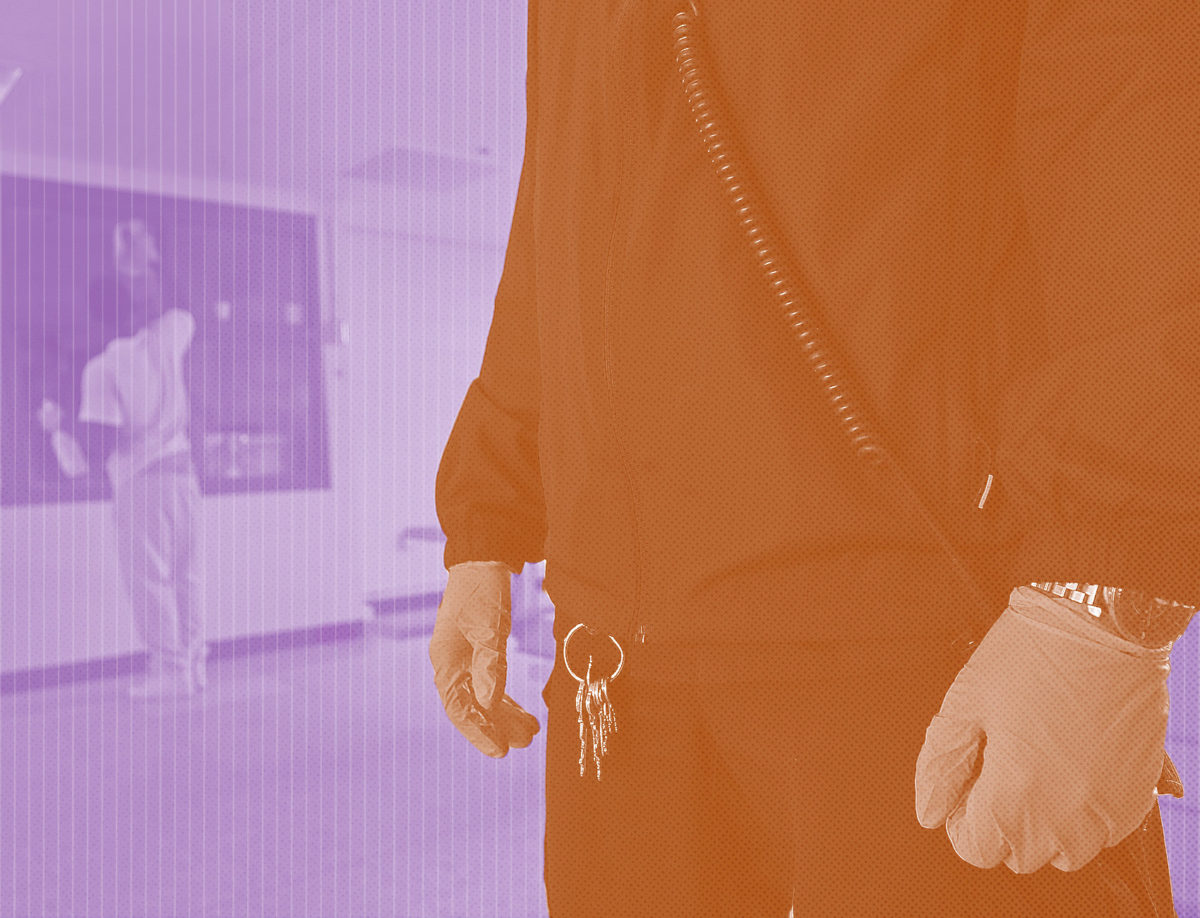
After a man incarcerated in a New Jersey state prison was hospitalized with COVID-19, he said he was handcuffed for 36 hours. The cuffs got tangled in his IV, causing it to rip out, he said. “It was so painful. You have no idea.”
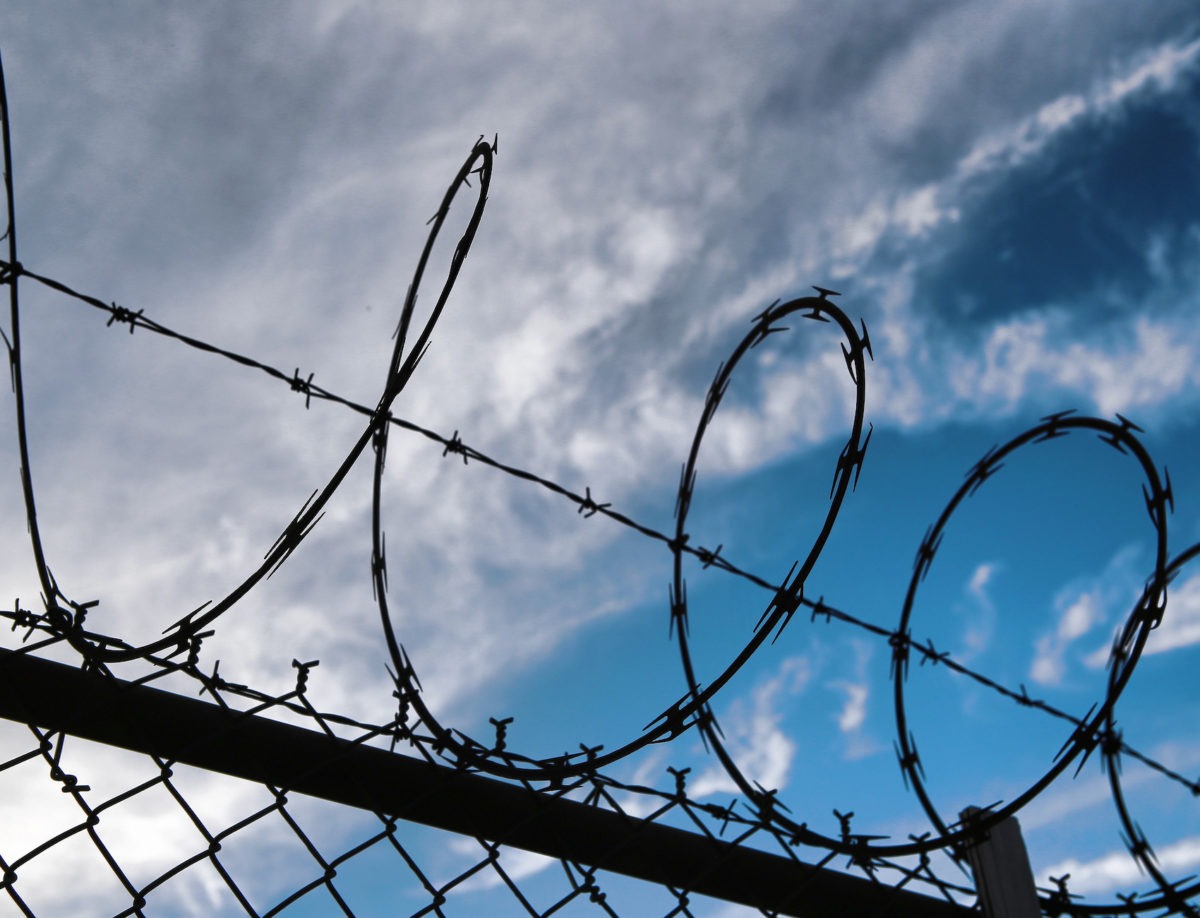
One prisoner says a man collapsed while waiting for a temperature check and was sprayed down with disinfectant as he lay on the floor. BOP denied it.
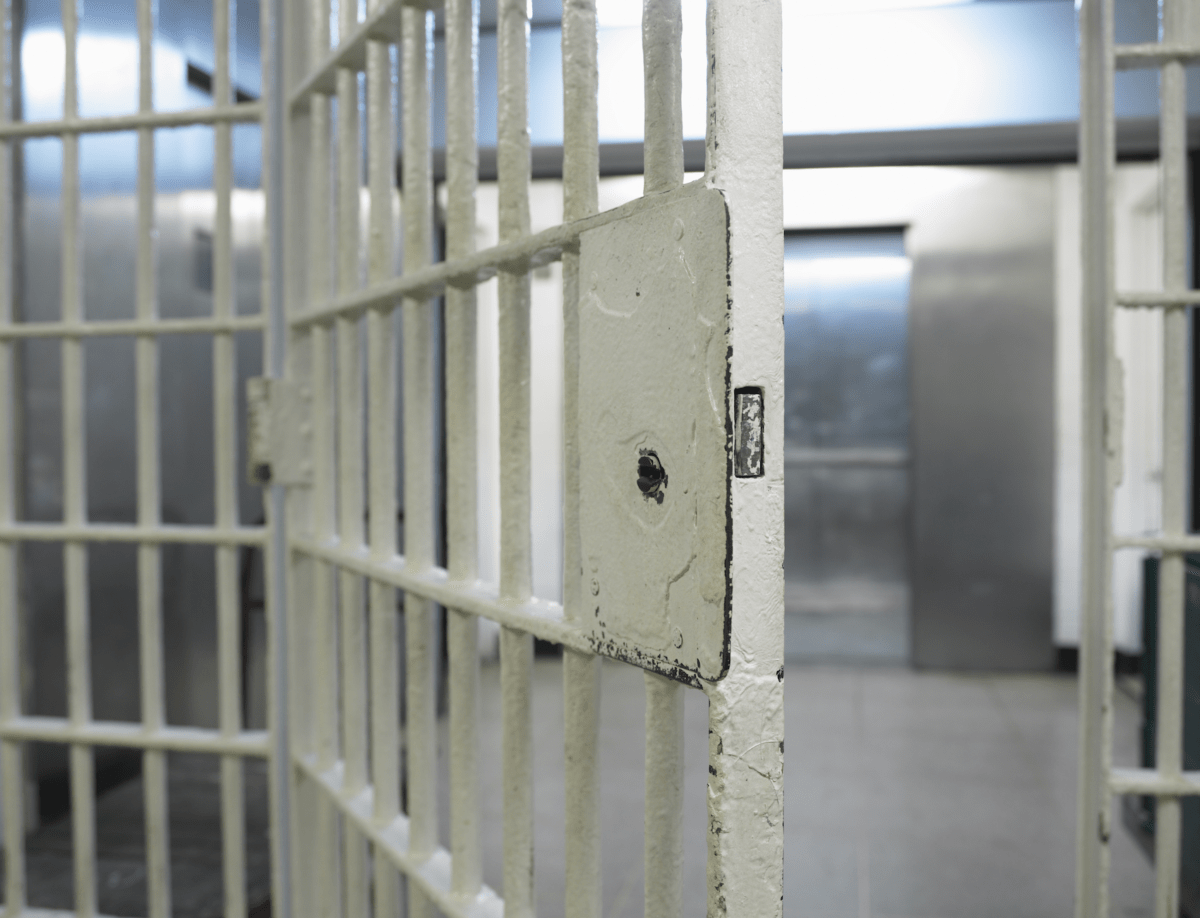
Up to 1,000 people will have their sentences delayed or suspended.
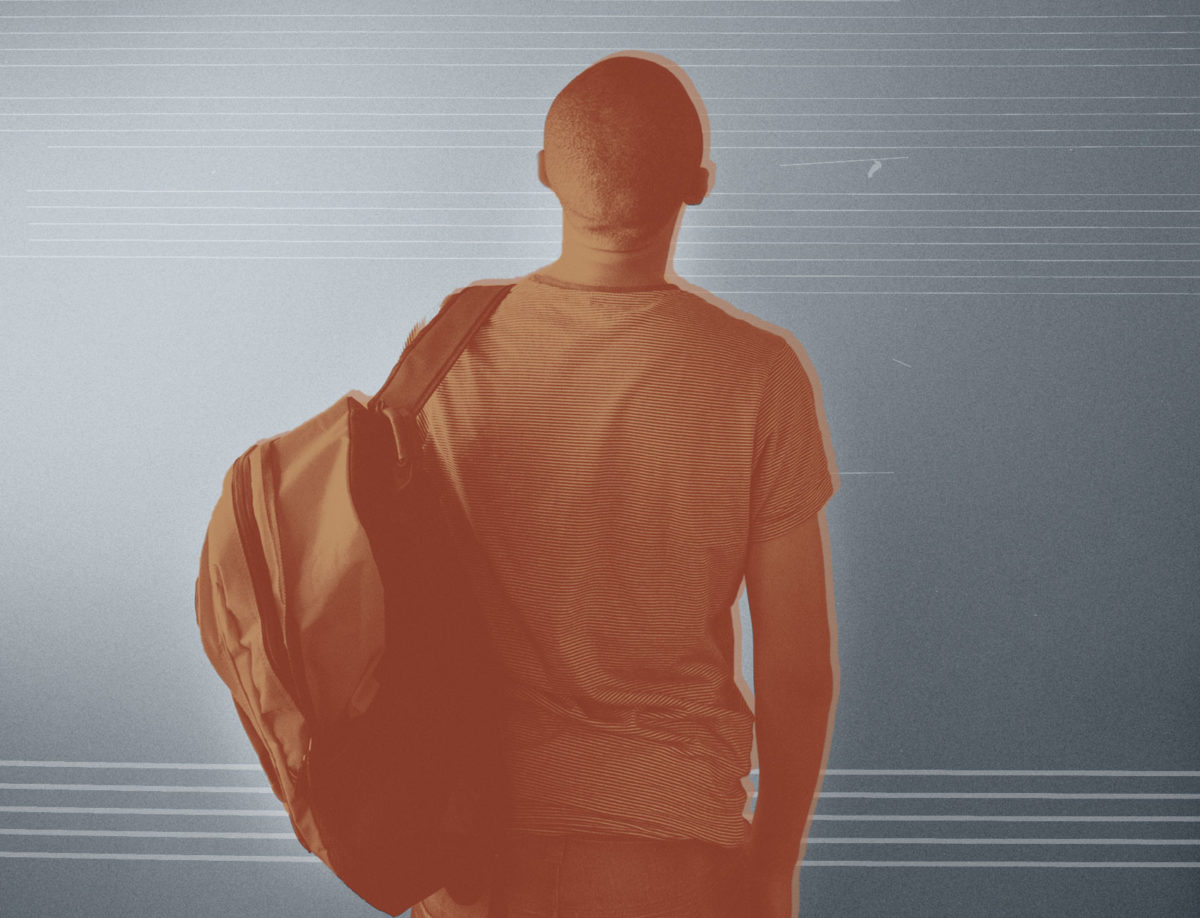
The student, whose last name is Mohammed, was subject to improper searches based on little evidence, his attorney argues.

Two recent investigations look at how, in the name of fighting crime, police departments engage in dangerous, often fatal, vehicle pursuits
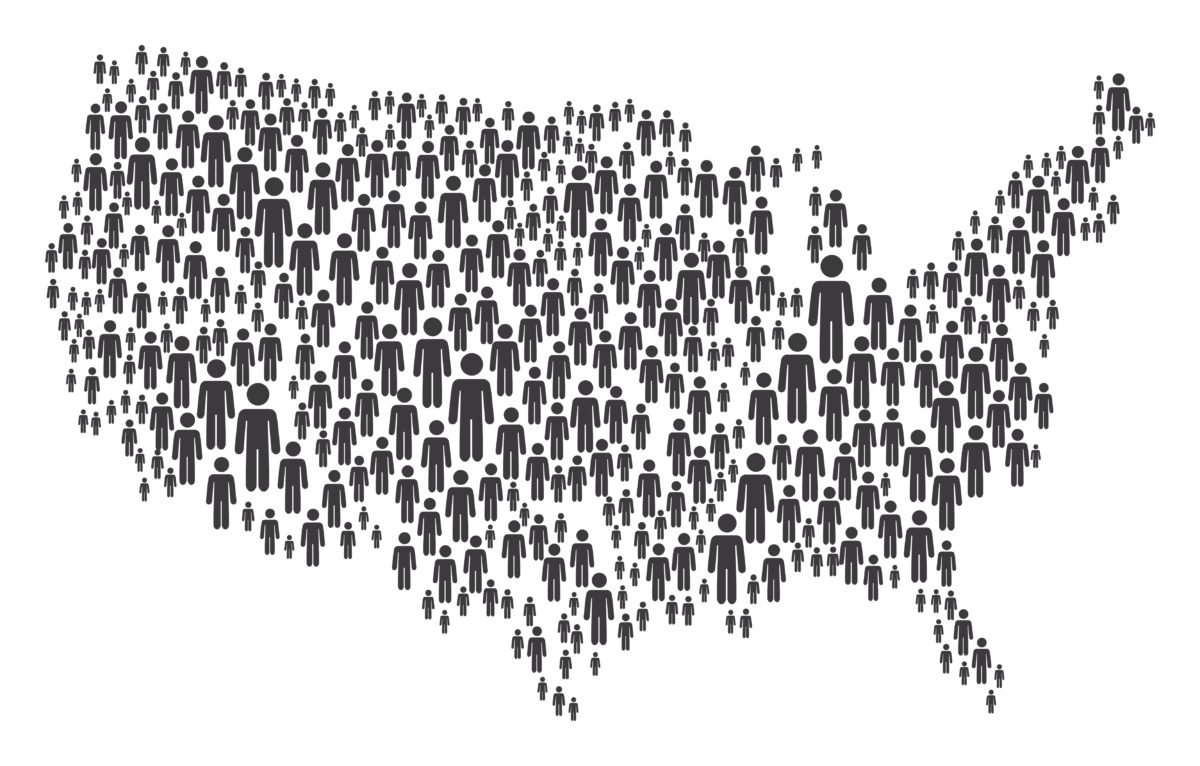
The most productive solution would be to allow prisoners and formerly incarcerated people to vote, but until that happens, the least we can do is stop giving their voting power to the towns that profit from their imprisonment.

The state said Michelle Heale shook the baby to death, but some experts say her conviction was based on debunked science.
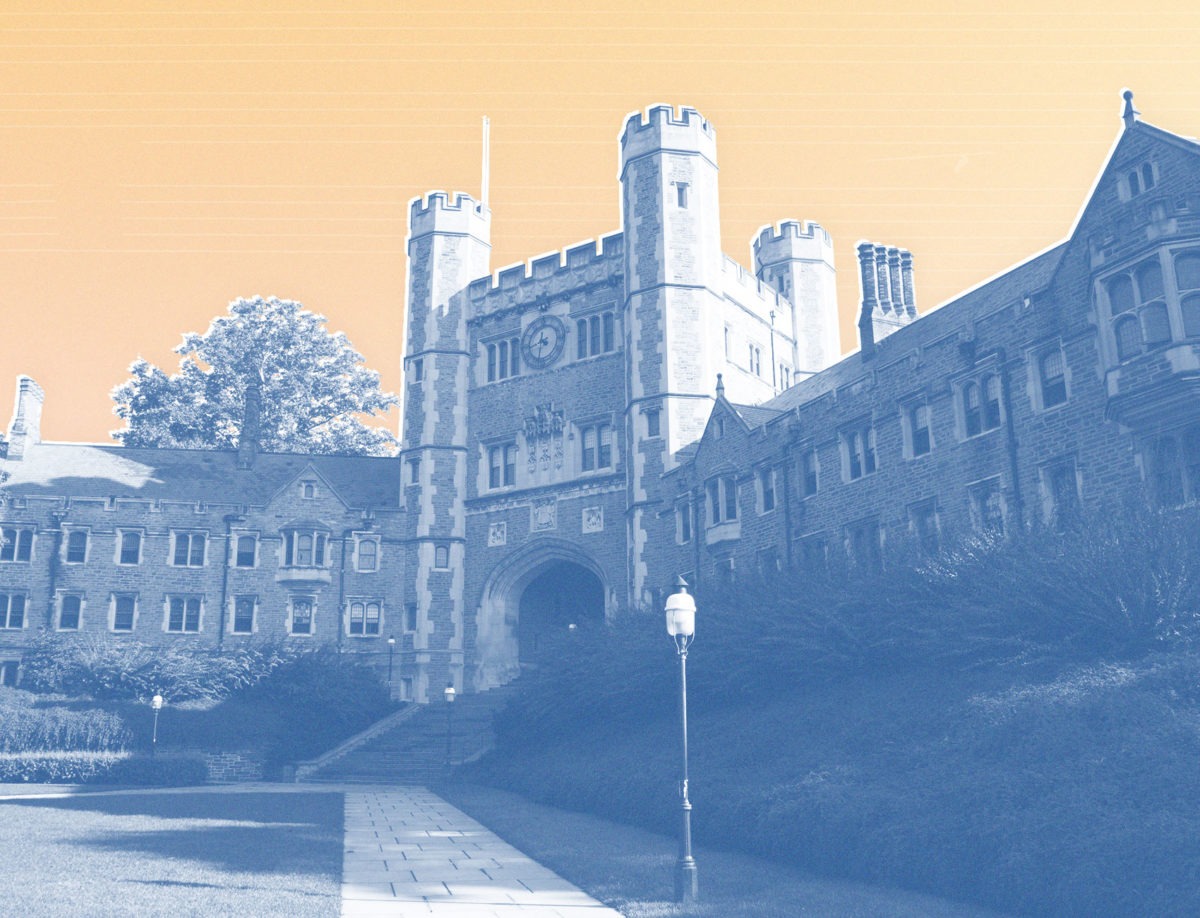
The New Jersey General Assembly unanimously passed a bill to extend qualified immunity to police officers at private colleges and universities.
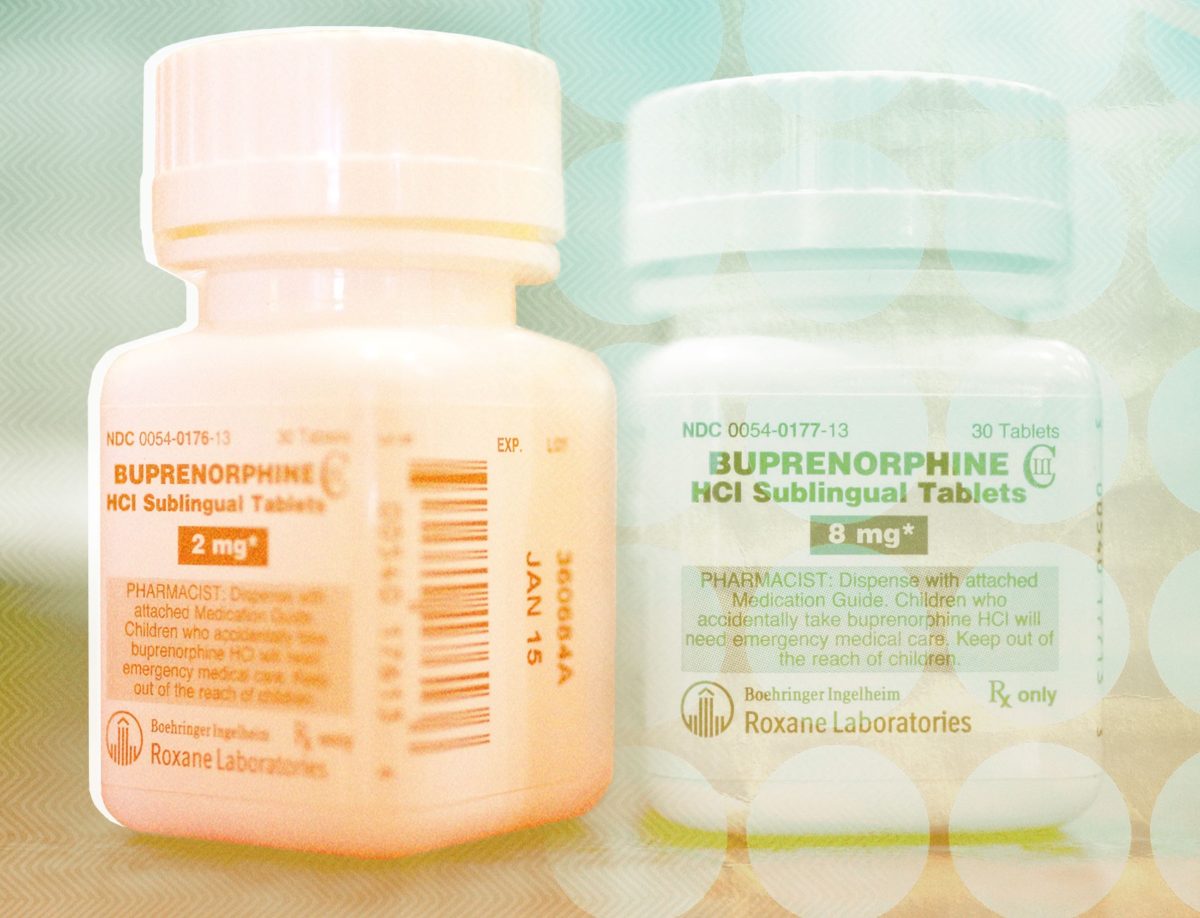
Recent legal victories have spurred counties and states to provide medication-assisted treatment to prisoners struggling with substance use.
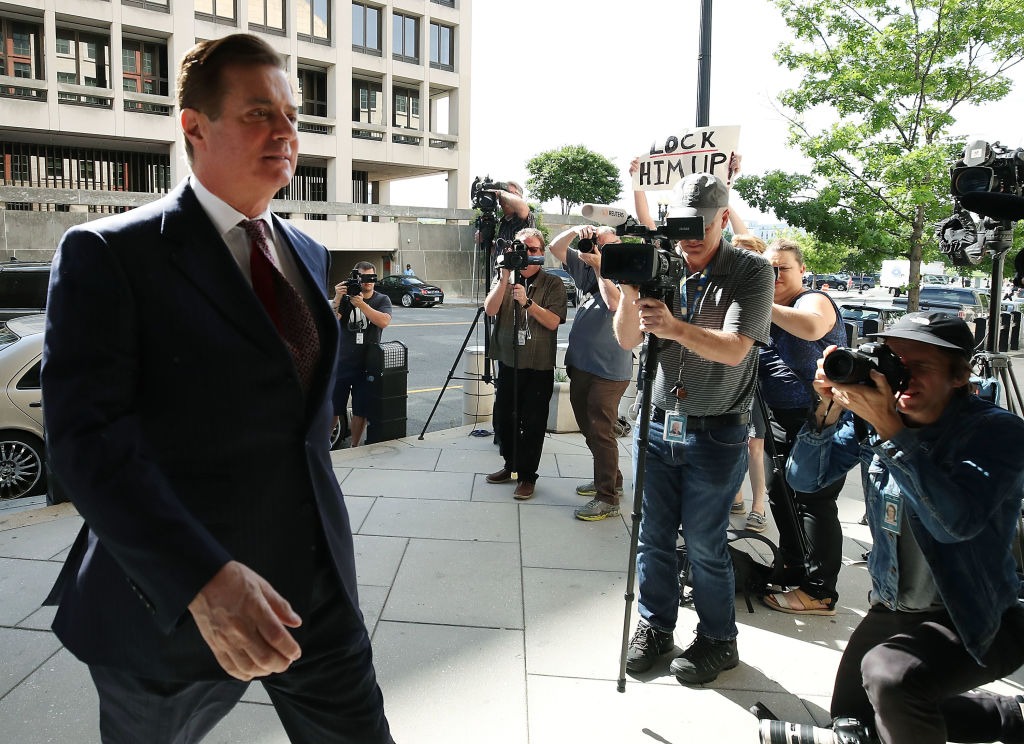
Yesterday the news broke that Paul Manafort, President Trump’s former campaign head who was sentenced to seven and a half years in prison on federal charges, will now face criminal charges in state court in Manhattan. The New York Times reports that Manafort will most likely be held at Rikers Island, segregated from the general population. […]
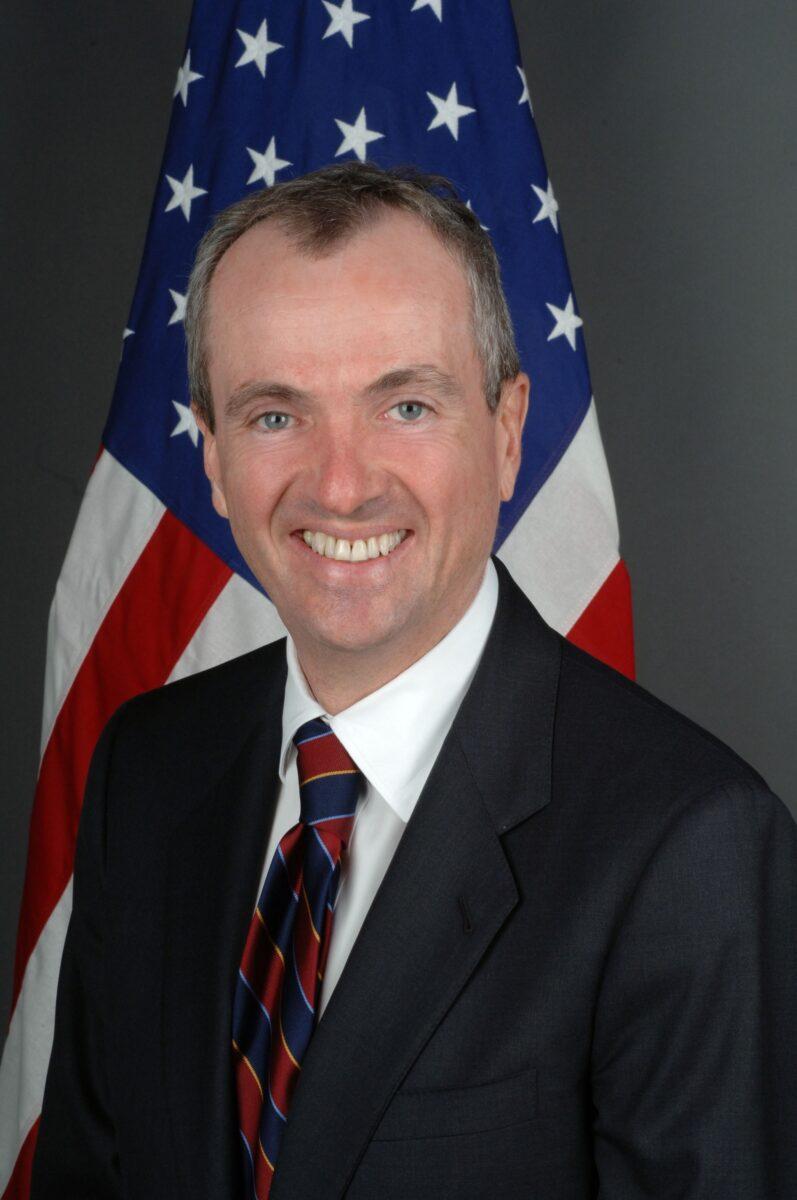
The landslide election of Phil Murphy to be the new governor of New Jersey is likely to put the Garden State at the forefront of criminal justice reforms in the United States.

Phil Murphy has promised marijuana legalization, end of cash bail and will look at ending minimum mandatory sentences
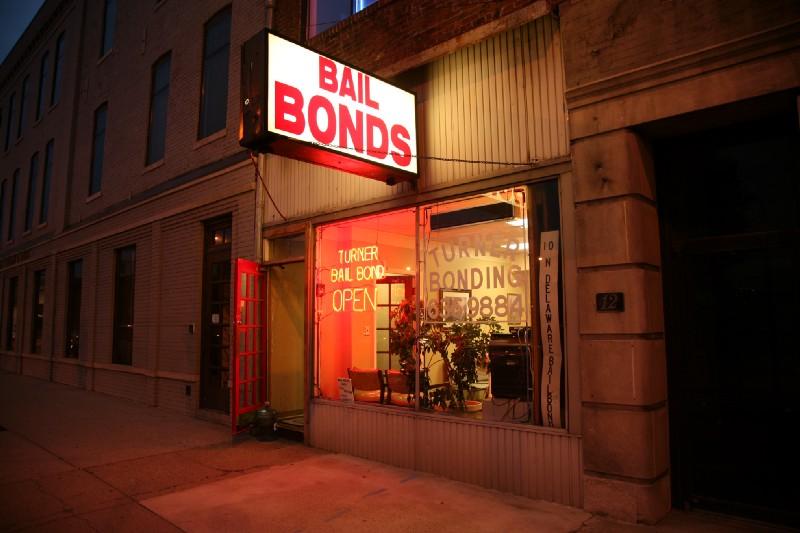
New Jersey has become a national leader in criminal justice reform, particularly around the hot button issue of requiring cash bail. When it passed the Bail Reform and Speedy Trial Act last year, it became one of only three locations in the United States that have virtually eliminated bail as a condition for release when someone is charged with a crime. Yet the state literally stumbled into these efforts, almost by accident, in 2012.
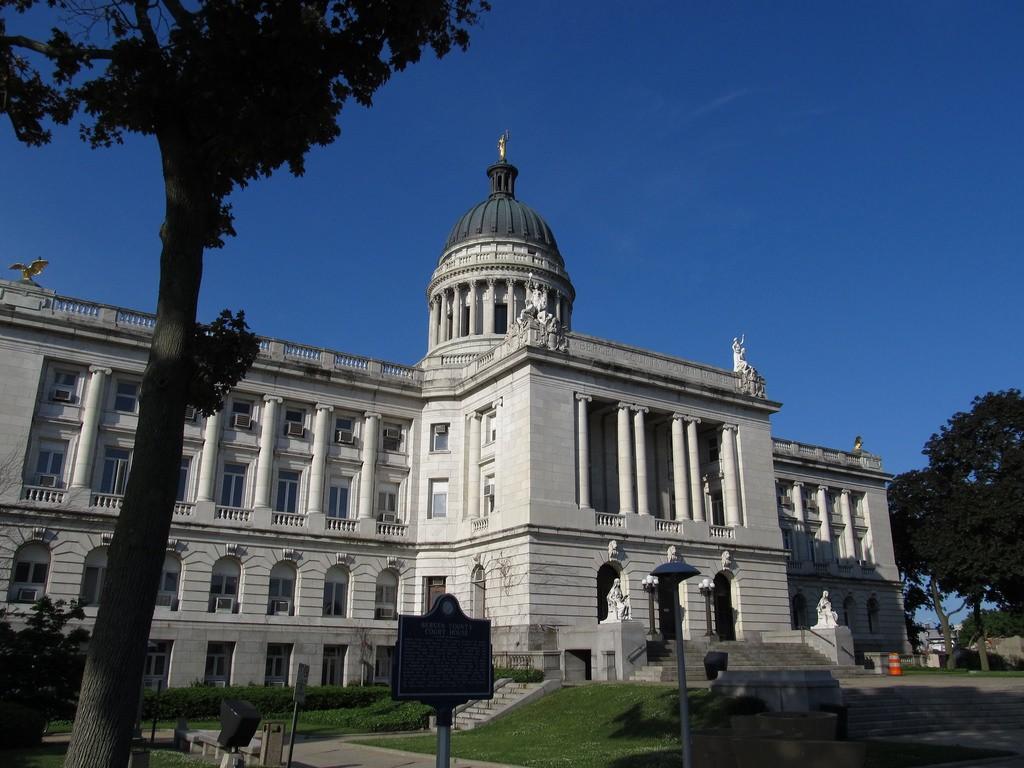
The officers’ credibility is under fire.